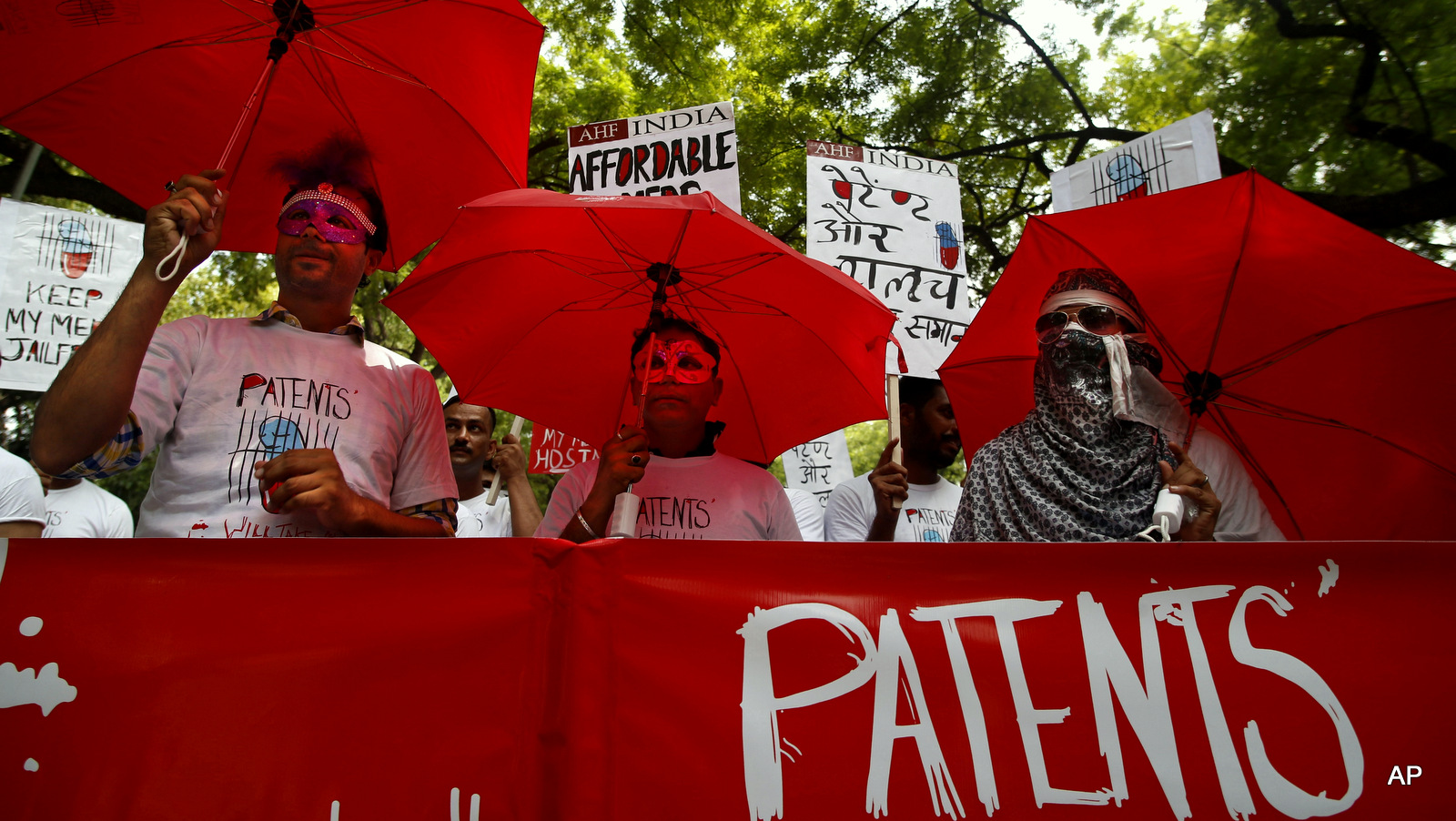
India has successfully blocked two patent claims of US consumer goods major Colgate-Palmolive, which wanted intellectual property right (IPR) cover on two oral compositions made from Indian spices and other herbs.
One patent battle took almost seven years, after the New York-based company filed a claim at the European Patent Register on September 29, 2008, for a composition containing botanical extracts from three herbs, including cinnamon, a common kitchen spice across India, known here as “dalchini”.
India opposed the claim using the traditional knowledge digital library (TKDL) database, created in the last decade to fight biopiracy.
The database, maintained by the Council of Scientific and Industrial Research (CSIR), submitted its plea in May 2011, and the European patent office ruled in India’s favour last month.
Two years after filing the first patent claim, Colgate-Palmolive moved another application in 2010 before the European patent office, seeking protection for another oral composition containing nutmeg, ginger, “Bakul” tree, camphor, cinnamon, turmeric, Indian banyan, black pepper, long pepper, Neem and clove. The solution is for treating oral cavity diseases.
This, too, was challenged in June 2014 by TKDL, which showed to the patent examiner there was no novelty in the Colgate claims as ancient Indian texts mention use of extracts from these plants for the same disorders. The claim was rejected this March.
Read more:
India blocks Colgate patents for spices

